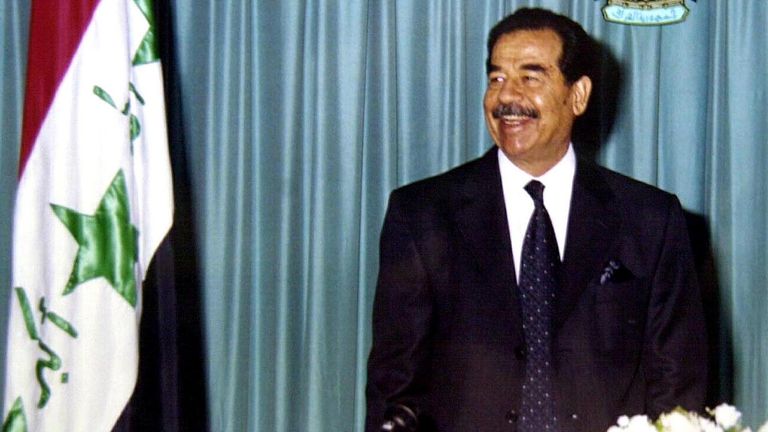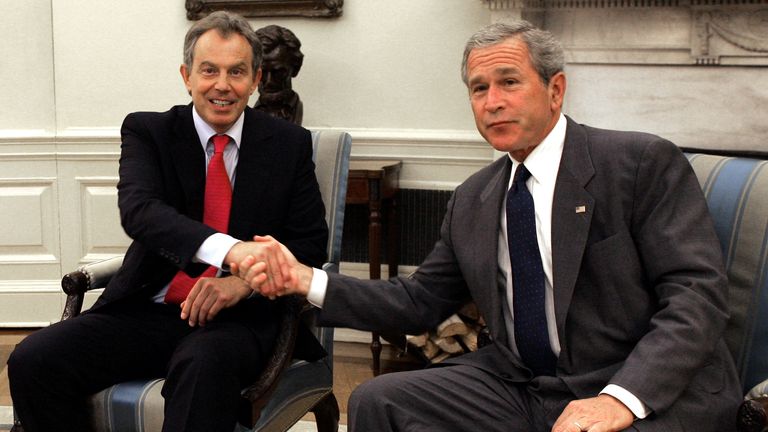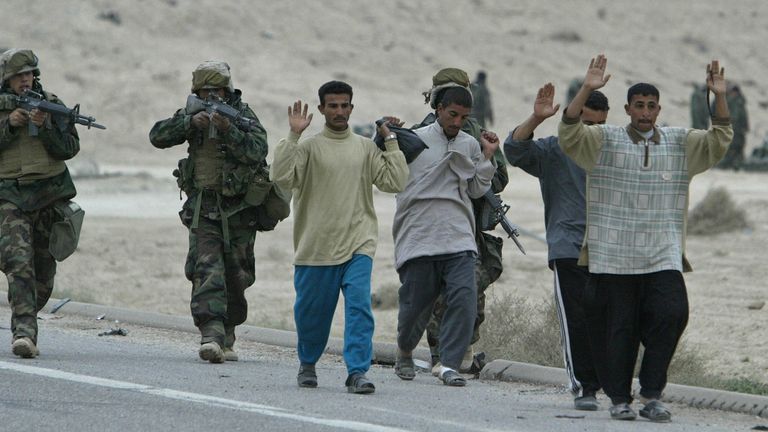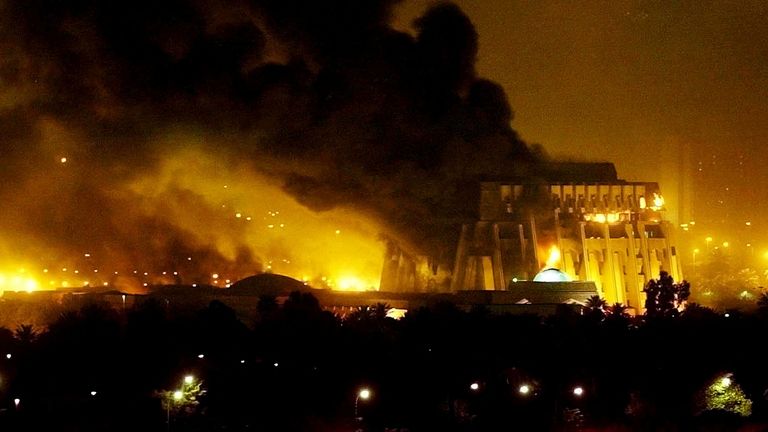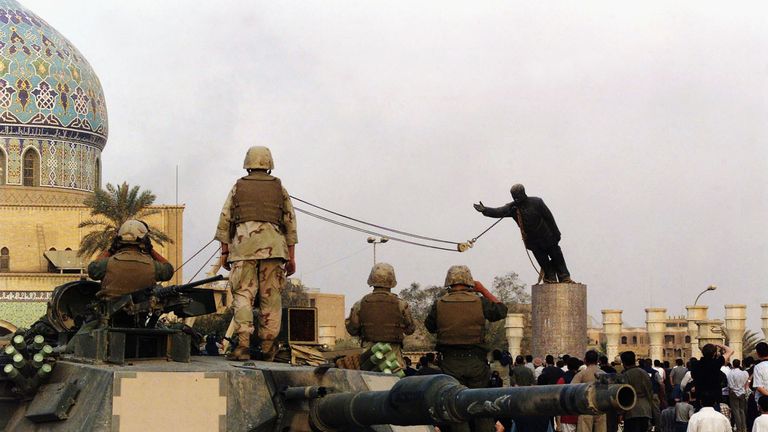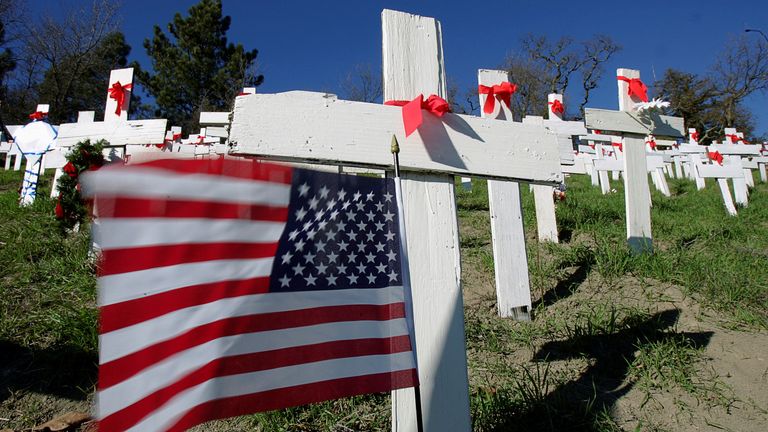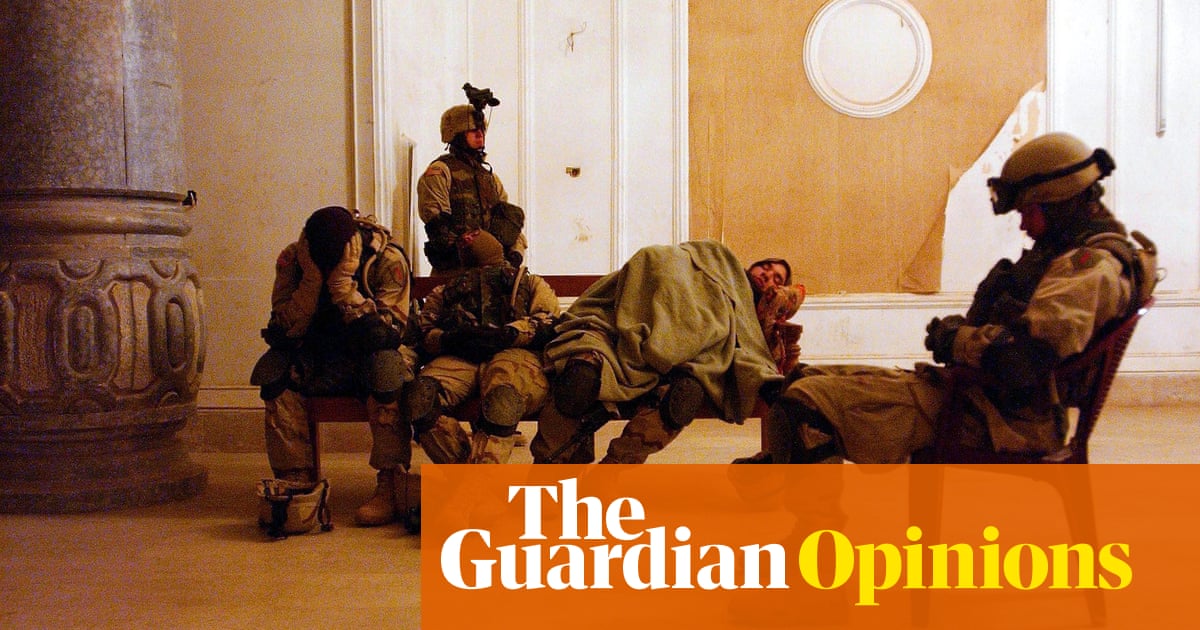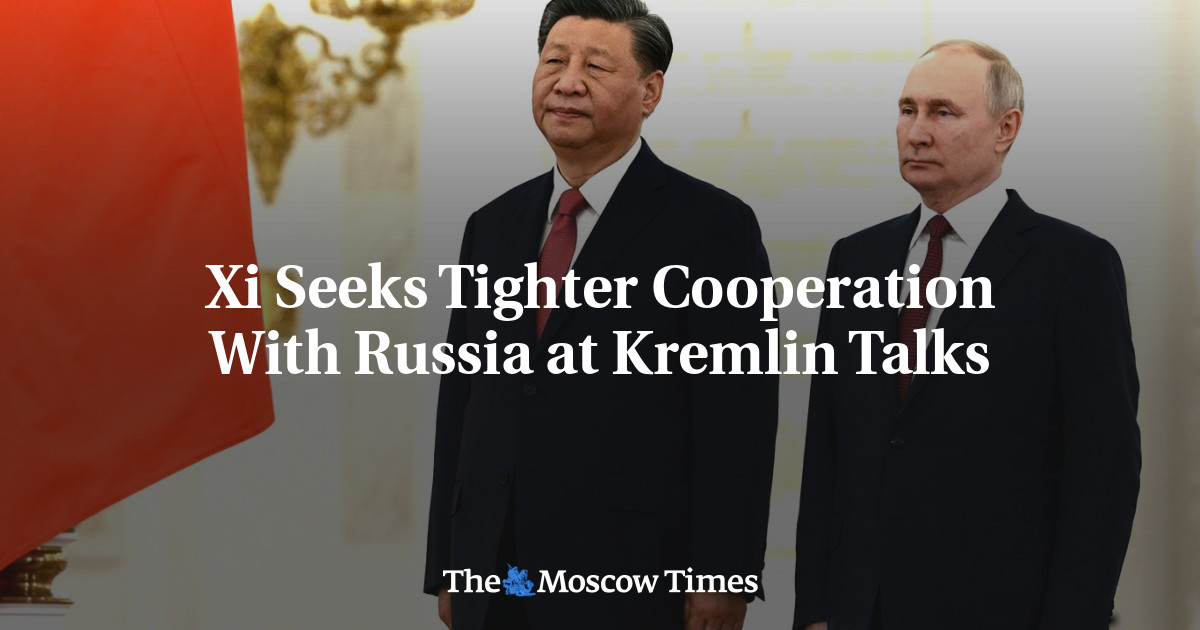
President Vladimir Putin told his Chinese counterpart Xi Jinping on Monday that Russia was open to discussing China's proposals to end the fighting in Ukraine at the start of high-stakes talks in the Kremlin.
"We are always open to negotiations," Putin told Xi, who was on his first visit to Moscow since the start of Russia's military intervention in Ukraine last year.
"We will certainly discuss all these issues, including your initiatives which we treat with respect, of course," Putin said.
The summit between the Russian president and the Chinese leader comes as China seeks to portray itself as a neutral party in the Ukraine conflict.
But Washington has accused Beijing of mulling arms exports to Moscow — claims China has vociferously denied.
Xi's three-day trip also serves as a show of support for internationally isolated Putin, just days after a war crimes tribunal issued a warrant for his arrest over the accusation of unlawfully deporting Ukrainian children.
Shortly after landing at Moscow's Vnukovo Airport, Xi said his visit would give "new momentum" to Chinese-Russian ties.
He was greeted by Deputy Prime Minister Dmitry Chernyshenko on a red carpet as a military brass band played the countries' anthems, Russian state media showed.
During his initial meeting with Putin, Xi hailed "close ties" with Russia and the Russian leader said the two countries had "plenty of common objectives and tasks."
The two will continue talks on Tuesday.
'Constructive role'
The two leaders are due to discuss China's 12-point position paper on the Ukraine conflict, which includes a call for dialogue and respect for all countries' territorial sovereignty.
Putin has welcomed Beijing's statements on Ukraine as being indicative of a willingness to play a "constructive role" in ending the conflict.
But Kyiv on Monday reiterated calls for Russia to withdraw its forces from Ukraine.
"We expect Beijing to use its influence on Moscow to make it put an end to the aggressive war against Ukraine," Ukrainian foreign ministry spokesman Oleh Nikolenko said in comments sent to AFP.
A day before Xi's arrival, a defiant Putin went to the Russian-held Ukrainian city of Mariupol — his first visit to territory captured from Kyiv since Moscow's forces pushed across the border in February 2022.
Xi's visit also comes just days after the International Criminal Court (ICC) issued an arrest warrant for Putin on the accusation of unlawfully deporting Ukrainian children.
'Objective and impartial'
Beijing said on Monday the ICC should avoid what it called "politicization and double standards" and respect the principle of immunity for heads of state.
The court should "uphold an objective and impartial stance" and "respect the immunity of heads of state from jurisdiction under international law," foreign ministry spokesperson Wang Wenbin told a regular briefing.
Russia said it opened a criminal probe into ICC prosecutor Karim Khan, saying he had accused "a person known to be innocent" and was planning "an attack on a representative of a foreign state enjoying international protection."
Beijing and Moscow have drawn closer in recent years under a partnership that has served as a diplomatic bulwark against the West.
China has lambasted what it sees as a U.S.-led pressure campaign against Russia as Moscow's military effort in Ukraine drags on, instead calling for what it calls "impartial" mediation of the conflict.
"No single country should dictate the international order," Xi wrote in a Russian newspaper article published on Monday.
"China has all along upheld an objective and impartial position based on the merits of the issue, and actively promoted peace talks," he added.
Closely watched
Beijing's stance has drawn criticism from Western nations, which say China is providing diplomatic cover for Moscow's armed intervention.
They argue that China's proposals are heavy on grand principles but light on practical solutions.
The United States last week said China's proposals would simply consolidate "Russian conquest" and allow the Kremlin to prepare a fresh offensive.
"We don't support calls for a ceasefire right now," White House national security spokesman John Kirby said Friday.
"We certainly don't support calls for a ceasefire that would be called for by the PRC in a meeting in Moscow that would simply benefit Russia," he said, referring to the People's Republic of China, the country's official name.
Analysts say Xi's moves are unlikely to yield a cessation of hostilities, but his trip will be closely watched in Western capitals.
The Wall Street Journal has reported that Xi could also be planning his first call with Ukrainian President Volodymyr Zelensky since the conflict began.
Zelensky has said he would welcome talks with his Chinese counterpart.
https://news.google.com/rss/articles/CBMibGh0dHBzOi8vd3d3LnRoZW1vc2Nvd3RpbWVzLmNvbS8yMDIzLzAzLzIwL3B1dGluLXNheXMtcmVhZHktdG8tZGlzY3Vzcy1jaGluYXMtdWtyYWluZS1wbGFuLWF0LXhpLXRhbGtzLWE4MDUzOdIBAA?oc=5
2023-03-20 15:05:31Z
1832476728

